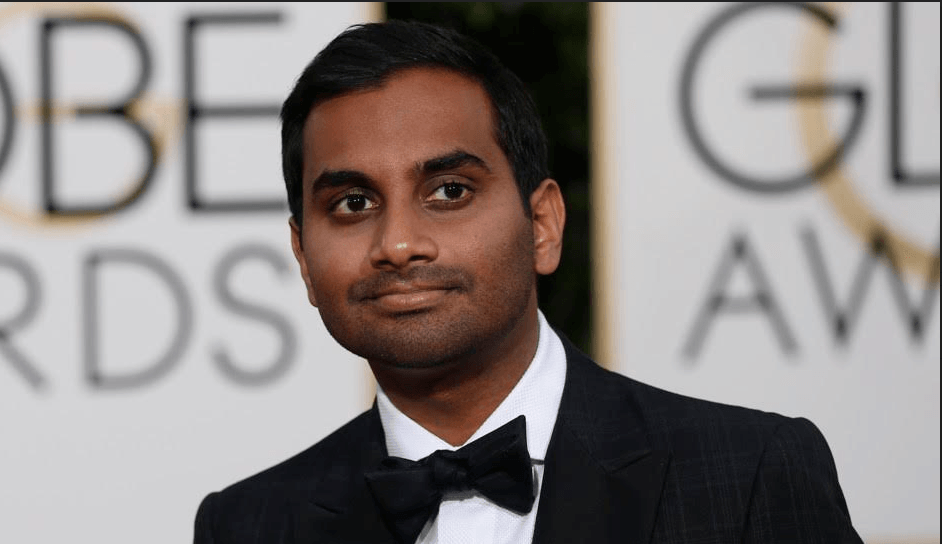Can Aziz Ansari be forgiven? Examining the intricacies of sexual misconduct
3 min read
Mario Anzuoni | Reuters
By KATE SELTZER
Senior Writer
The #MeToo movement marks a profound cultural shift: the end to the era of silencing victims of sexual harassment and assault and a forced reckoning of how we as a society view women, power, and sex.
The downfall of influential and admired men, from Congress to Hollywood, necessitates that we come to grips with the idea that the people we respect and whose work we admire are capable of awful things that can and have ruined other people’s careers and even lives. We can’t be less inclined to believe women just because they’ve accused someone who happens to be a personal hero. It was not until the allegation leveled against Aziz Ansari became public that the rule was hard to uphold.
In a detailed interview posted to babe.net earlier this month, a woman referred to as Grace said that on a date with the Ansari last September, he repeatedly tried to initiate sex, despite her repeated verbal and nonverbal cues that she was not interested. She did not explicitly say no, and so she did not flip the magic switch that turns “just a bad date” into a clear sexual assault. This makes for a very different conversation. According to the same article, she did repeatedly pull away, express clear disinterest, and say the words “I don’t want to feel forced because then I’ll hate you, and I’d rather not hate you.” That seems like a clear indication to stop, but by her account, he only did so for a moment before resuming his attempts.
The story rings familiar to a lot of women, who have had similar experiences where men seem to not notice or not care about their wishes. Grace is not the only woman to have not wanted to have sex, but then did, and felt terrible afterwards. This gray area has previously gone largely undiscussed because it is almost regarded as normal and therefore not an issue. Ansari does not seem to fit into the same category as monsters like Harvey Weinstein and Kevin Spacey, whose actions clearly violated the rules of consent. In fact, he has been a consistent and vocal ally for women in his standup, writing, and hit TV show. But the standard cannot be to simply draw the line at rape. The Ansari story is important to tell because we have to hold men – all men – to the standard of refusing to accept consent as anything less than clear mutual enthusiasm. Hopefully, the publicity surrounding this encounter will ask men to revisit their own “bad dates” and past actions that, whether they were aware at the time or not, hurt and violated someone else.
All that being said, the question remains: can we forgive Aziz Ansari? In his statement, he says he thought all actions were consensual. Maybe he really did. Regardless, they certainly were not okay. Does that mean his career is over? Is he permanently tainted as a bad person? It would be better if his apology seemed less forced, if he seemed to genuinely understand why he was wrong. If we can’t forgive him, can we appreciate his work on its own? His show “Master of None” is excellent. It tackles issues of race, gender, and religion in one of the most genuine and human ways seen on television today. What about Harvey Weinstein? Are we going to boycott all of the films he produced? Probably not. There are a lot of them. It is a brave new world, and the question of separating art from the artist is going to be more relevant than ever. I think there’s space for this division, but I could be wrong.
For what it is worth, the episodes of Master of None “Ladies and Gentleman” and “Buona Notte” are really great and pertinent to right now. The former deals with the fear and harassment women face all the time, as a price for just existing. The latter is eerily prophetic, and discusses what happens when someone we genuinely like is guilty of appalling sexual harassment. They’re worth a watch.


